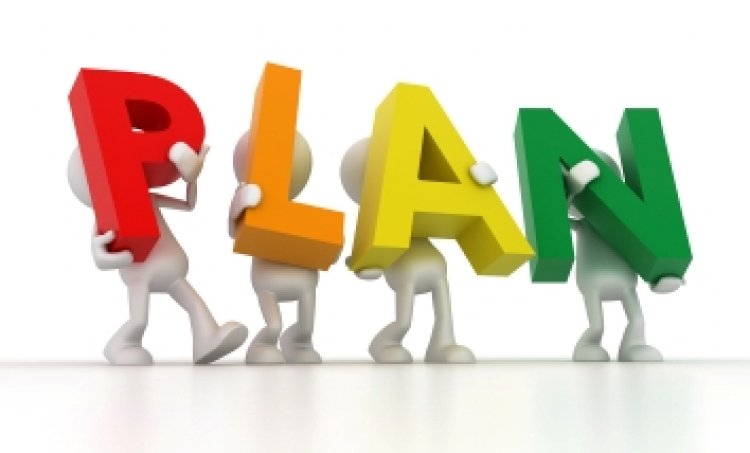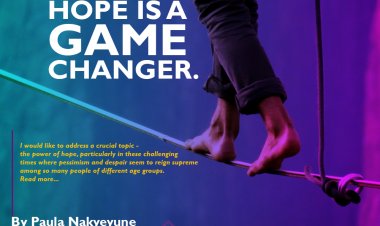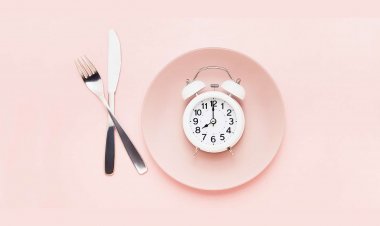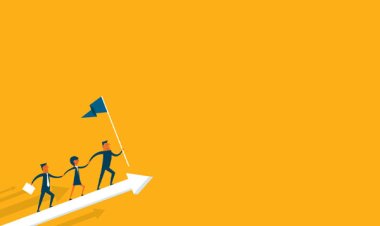FASTING AS A MEDICAL THERAPY
Fasting is voluntarily not eating food for various lengths of time. We, oftentimes, see fasting from the lenses of religion and spiritual attunement and in fact, most religions and spiritual organizations have and continue to use fasting as a way to improve physical and spiritual clarity.
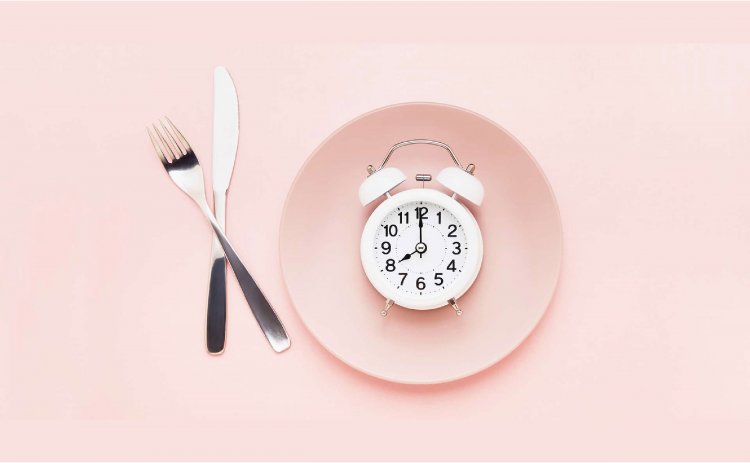
For example, in a YouTube message, “Activating Your God-Given Things”, Prophet Elvis Mbonye mentions how certain things work out only by prayer and fasting while making reference to Matthew chapter 17 from verses 20 to 21 where Jesus gives reason as to why the disciples had failed at a particular feat.

Image of Prophet Elvis Mbonye
The Bible itself makes frequent references to the benefits of fasting when combined with prayer. Religious settings hold fasting in high regard and even have special fasting periods such as the holy month of Ramadan for the Muslims and the lent period for Catholics. But did you know that fasting is one of the world’s oldest medical therapy?
The concept of fasting for therapeutic reasons is not a new phenomenon. Many of the world's oldest systems of health took advantage of fasting as a way of healing, but also as a preventive measure. In Indian Buddhism, fasting is considered an important part of medicinal cures, which were a key part of Buddhist monastic practice (as bad health was understood as being a detriment to one's spiritual practice).
Not long ago, I was following a fasting challenge by Dr. Kasenene, a prominent Wellness and Functional Medicine Physician based in Kampala. I also happened to read one of his interviews with the Nile Post where he pointed out some of the benefits of fasting which included weight loss, detoxification, healing, cell repair, and helping the brain to become sharper.
How exactly does fasting work?
The primary way in which fasting is beneficial is that it allows the body time to rest. Specifically, the digestive organs are given a break from digesting food as the digestion process requires tremendous energy. By putting digestion to a pause, the body can use this “saved” energy for other processes such as healing and regeneration.
Fasting also prevents more toxic substances from entering the body while at the same time giving it a chance to expel toxins, making it healthier. This is particularly true for the liver whose role is to break down and metabolize all toxic substances that enter the body. Additionally, your body’s immune system is given a break from dealing with the toxins from both food and water supply, as well as your environment.
How long should you fast for therapeutic benefits?
The length of the fast entirely depends on the person’s health and this, therefore, means that the healthier one is, the longer they can or may choose to fast. Different practitioners will recommend a two to three-day fast, with others going for the upper five to seven-day fast.
It's important to understand that there are also different types of fasts that one can choose from, with the basic one being a water fast. During this particular fast, you will only take water for a considerable amount of time. Simple as it may seem, it should be noted, however, that this is the most aggressive type of fasting and is only recommended for those in good health, and with prior experience in fasting. For a first-timer trying out the water fast, I would recommend that you start with just one day before you can stretch to more fasting days. During this period, aim for at least 2 liters of clean, quality water daily.
My personal favorite is the juice fast, also referred to as a smoothie fast. This is very popular and is not as intense as the water fast because of the naturally occurring sugars from vegetables and fruits which prevent ketosis (a metabolic state that occurs when your body burns fat for energy instead of glucose) from occuring. For it, you can choose from a wide range of fruits and vegetables for your smoothies including carrots, lemon, apples, beet, celery, cauliflower, broccoli, and pineapples or mangoes for taste. You may consider spicing them up with super greens like wheatgrass, spirulina, or barley grass for additional benefits.
How do you start and end your fast?
Always, before starting a fast, it is of necessity that you plan on how to start and stop it properly. One of the best ways to start a fast is to gradually reduce the amount of food consumed three days before the fast. Also, you should eliminate heavier foods and these are mostly meats and dairy products. Have it in mind that the day before your fast is very important to determine how safely and easily your first day will turn out. I recommend that you consume foods that consist of easily digestible foods like light salads, fresh soups, fruits, and gentle herbal teas.
Ending your fast is not too different from how you start it. It is crucial that you transition to lighter foods and gradually incorporate heavier foods after that. It is a general rule that you keep drinking plenty of water because detoxification doesn't end with your last day of the fast; it is a continuous process.
What are some of the safety precautions during your fast?
Inasmuch as fasting may bring health benefits, but not eating can be dangerous for some people. Consider talking with your healthcare provider first, especially if you are pregnant or breastfeeding, or have been prescribed any medication that must be taken with food. If you also have a seizure disorder, work the night shift, or operate heavy machinery at your job, you need to talk to a healthcare provider first. I highly recommend that any fasting lasting more than three days be supervised by a medical doctor or naturopathic physician. Take note that those with any blood-sugar conditions like hypoglycemia or diabetes must consult with a doctor before starting any kind of fast. The same goes for those with any other systemic diseases.
Remember, it is very likely for you to experience symptoms of detoxification during your fast. These may include fatigue, headache, bad breath, nausea, skin rash, or feeling as if you have the flu or cold. If these do not clear up as the fast progresses into the second or third day, kindly consult with your doctor or stop the fast.
Lastly, and most importantly, it is going to be very crucial for you to have enough rest during your fast. If you choose to exercise, make sure that it is light, as should mental activities. In all, you must choose a fast that is most suitable to your particular health goals and needs.
ORISHABA PAUL
The writer is a Phytomedicine expert & member of the NCSA science and technology cohort.





